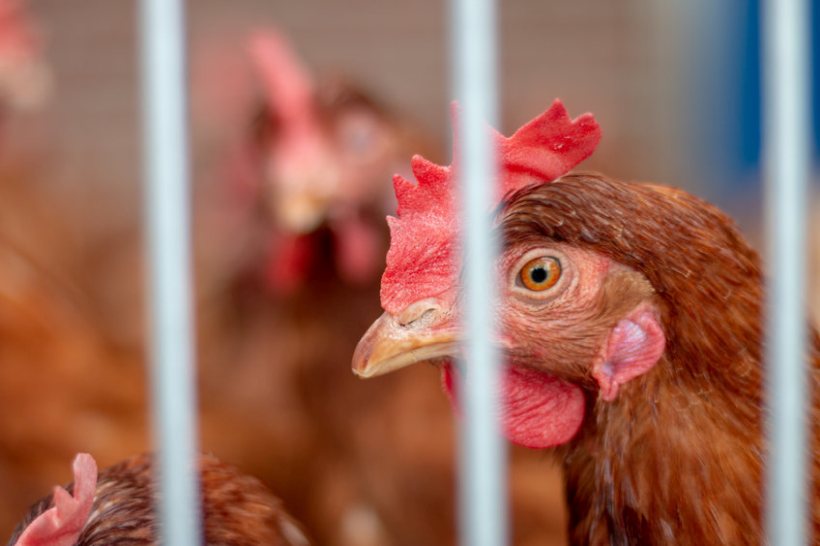England imposes nationwide housing order as bird flu cases surge

All poultry and captive birds in England will have to be housed indoors from Thursday 6 November, as the government extends mandatory housing measures to curb the spread of bird flu.
The move follows a surge in confirmed cases across several regions and forms part of the newly announced avian influenza prevention zone (AIPZ), which is now in force across Great Britain.
Defra said the decision was necessary to “prevent bird flu and stop it spreading”. Until now, only certain high-risk areas of England were subject to housing requirements.
But from midday on 6 November, the order will apply nationwide — meaning bird keepers must house all poultry and captive birds or otherwise ensure they are kept fully separate from wild birds.
Under the new rules, anyone keeping more than 50 birds of any species, including poultry and other captive birds, must comply with housing and biosecurity requirements.
The measures also apply to anyone who keeps poultry of any number if the birds or their eggs and products are sold or given away.
However, those keeping fewer than 50 birds solely for their own use will not be required to house them, though they must still follow strict biosecurity protocols.
A Britain-wide AIPZ is also in place, requiring all bird keepers — whether they own pet birds, commercial flocks, or small backyard groups — to adopt enhanced biosecurity measures.
These include reporting any sudden changes in egg production, maintaining detailed flock records, disinfecting footwear, and cleansing and disinfecting housing, walkways, and concrete surfaces on a continuous basis.
Defra urged all bird keepers to check which disease control zones they fall under using the official bird flu map and to review government guidance on how to house birds safely.
The latest decision follows confirmation of several new outbreaks across North Yorkshire, Devon, East Sussex, Suffolk, and Lincolnshire in recent days.
Since 1 November, at least six large commercial poultry sites have tested positive for highly pathogenic avian influenza in England alone, leading to the establishment of protection and surveillance zones around each site.
UK Chief Veterinary Officer Christine Middlemiss said the rising number of cases had left the government with “no choice” but to act decisively.
“Given the continued increase in the number of avian influenza cases in kept birds and wild birds across England, we are now taking the difficult step to extend the housing measures to the whole of England,” she said.
“I appreciate the impact these measures have on industry and am extremely grateful for the continued cooperation of the poultry sector. We know from previous years that housing birds will bring the rates of infection down from the high we are currently experiencing.
“I urge bird keepers to comply with the new housing measures, continue to exercise robust biosecurity measures, remain alert for any signs of disease and report suspected disease immediately to the Animal and Plant Health Agency.”
The government continues to stress that strict biosecurity and hygiene measures remain the most effective defence against bird flu.
Farmers, smallholders and pet bird owners are being reminded to clean footwear, vehicles and equipment regularly, restrict access to poultry areas, and minimise contact between domestic and wild birds.
Defra reiterated that the housing order does not remove the need for strong biosecurity, warning that infection can still spread via contaminated surfaces, feed, clothing or bedding.
“All bird keepers must follow strict biosecurity and hygiene rules to prevent bird flu and stop it spreading,” the department said.
The housing order comes as part of the government’s wider effort to contain one of the longest-running and most severe outbreaks of avian influenza ever recorded in the UK.
Keepers are encouraged to stay alert for updates on gov.uk/bird-flu and to report any signs of disease immediately to the Animal and Plant Health Agency (APHA).








